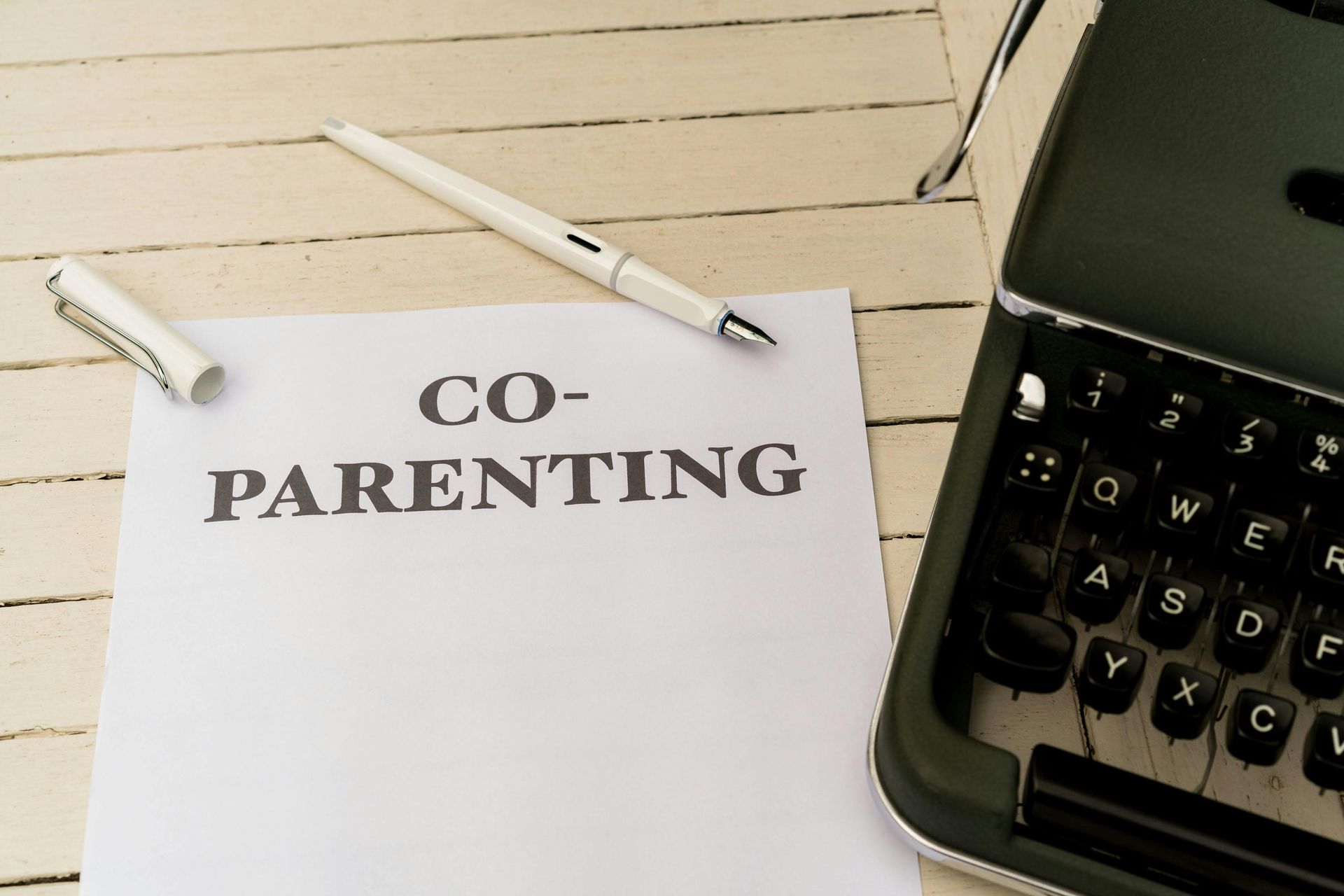How to Protect Your Business in a Divorce
Divorce is one of the most stressful experiences anyone can go through, and when you own a business, the process can feel even more complicated. For entrepreneurs, small business owners, and professionals, the business is often more than just an asset—it’s a livelihood, a legacy, and a source of financial security for the future.
If you are going through or anticipating a divorce, understanding how to protect your business is essential. While every situation is unique and depends on local laws, there are proven strategies and steps you can take to safeguard your company.
1. Understand How Businesses Are Treated in Divorce
The first step is knowing whether your business is considered marital property or separate property.
· Marital property: Assets acquired during the marriage that may be divided between spouses.
· Separate property: Assets acquired before the marriage, or those received as a gift or inheritance, which usually remain with the original owner.
However, even if your business was started before the marriage, its growth or increased value during the marriage may be subject to division. For example, if your spouse contributed time, money, or effort to the business, they may have a claim to part of it.
2. Keep Business and Personal Finances Separate
One of the most common mistakes business owners make is mixing business and personal funds. If your spouse can show that family money was invested in your business, it may strengthen their claim.
Protect yourself by:
· Maintaining separate bank accounts for business and personal use.
· Paying yourself a fair salary instead of relying on business accounts for personal expenses.
· Keeping detailed financial records that show clear boundaries.
Good bookkeeping is not only smart business practice but also critical in protecting your company in divorce proceedings.
---
3. Consider a Prenuptial or Postnuptial Agreement
The most effective way to protect your business is with a prenuptial agreement (signed before marriage) or a postnuptial agreement (signed during the marriage). These agreements can outline how the business will be treated in the event of divorce.
For example, the agreement can state that the business is separate property and that your spouse will not have a claim to ownership. Courts often uphold these agreements as long as they are drafted properly, with full disclosure and without coercion.
4. Pay Yourself a Competitive Salary
Some business owners reinvest all profits into the business while relying on little or no salary. While this may seem like a good growth strategy, it can work against you in a divorce.
If your spouse argues that they were deprived of marital income because you reinvested profits, they may be entitled to a share of the business value. Paying yourself a fair salary ensures that your spouse benefits from the business during the marriage, which can reduce claims for ownership or compensation later.
---
5. Limit Your Spouse’s Involvement in the Business
If your spouse works for or contributes to the business, they may have a stronger claim to part of it in divorce. Courts often consider both financial and non-financial contributions.
While you may not always be able to avoid this, limiting your spouse’s official role—such as avoiding shared ownership, co-signing on business loans, or including their name on company documents—can help protect your company if the marriage ends.
-
6. Get a Professional Business Valuation
During divorce, your business will likely need to be valued to determine whether it is subject to division. Hiring a qualified business valuation expert ensures that the value of your company is determined fairly and accurately.
Valuation experts consider factors such as:
· Business income and assets
· Market conditions and industry outlook
· Goodwill and reputation
· Future earning potential
An accurate valuation is key to negotiating a fair settlement without overestimating the worth of your company.
---
7. Explore Buy-Out Options
If your spouse is entitled to a portion of the business, you may be able to buy out their share. Options include:
· Cash buyout: Paying your spouse directly for their share of the business value.
· Offsetting assets: Giving your spouse a larger portion of other marital assets (such as real estate, investments, or retirement accounts) in exchange for keeping 100% of the business.
· Structured payments: Agreeing on a long-term payment plan if a lump sum isn’t feasible.
These strategies allow you to retain full control of the company while meeting divorce settlement requirements.
---
8. Maintain Professionalism and Transparency
Trying to hide income, undervalue assets, or manipulate financial records can backfire badly in court. Judges take financial misconduct seriously, and it can harm your credibility and weaken your case.
Instead, maintain transparency. Work with your lawyer, accountant, and valuation expert to present accurate records. Courts are more likely to respect a business owner who handles the process honestly and professionally.
---
9. Plan for the Future
Protecting your business during divorce is not only about getting through the current process but also about planning for long-term stability.
Consider:
· Updating your business succession plan.
· Revisiting your shareholder or partnership agreements to address future risks.
· Making sure your estate plan reflects your post-divorce circumstances.
These steps can help you move forward with confidence, knowing your business is secure.
---
Conclusion
A divorce doesn’t have to mean the end of your business. With careful planning, clear financial boundaries, and the right legal protections, you can safeguard your company and continue building for the future.
Whether you are in the early stages of marriage, facing a pending divorce, or already in negotiations, it’s important to seek legal and financial advice tailored to your situation. Your business represents years of hard work and dedication—taking proactive steps ensures that it remains intact, no matter what personal challenges arise.
More Family Law Blogs
by Anne Harvey









